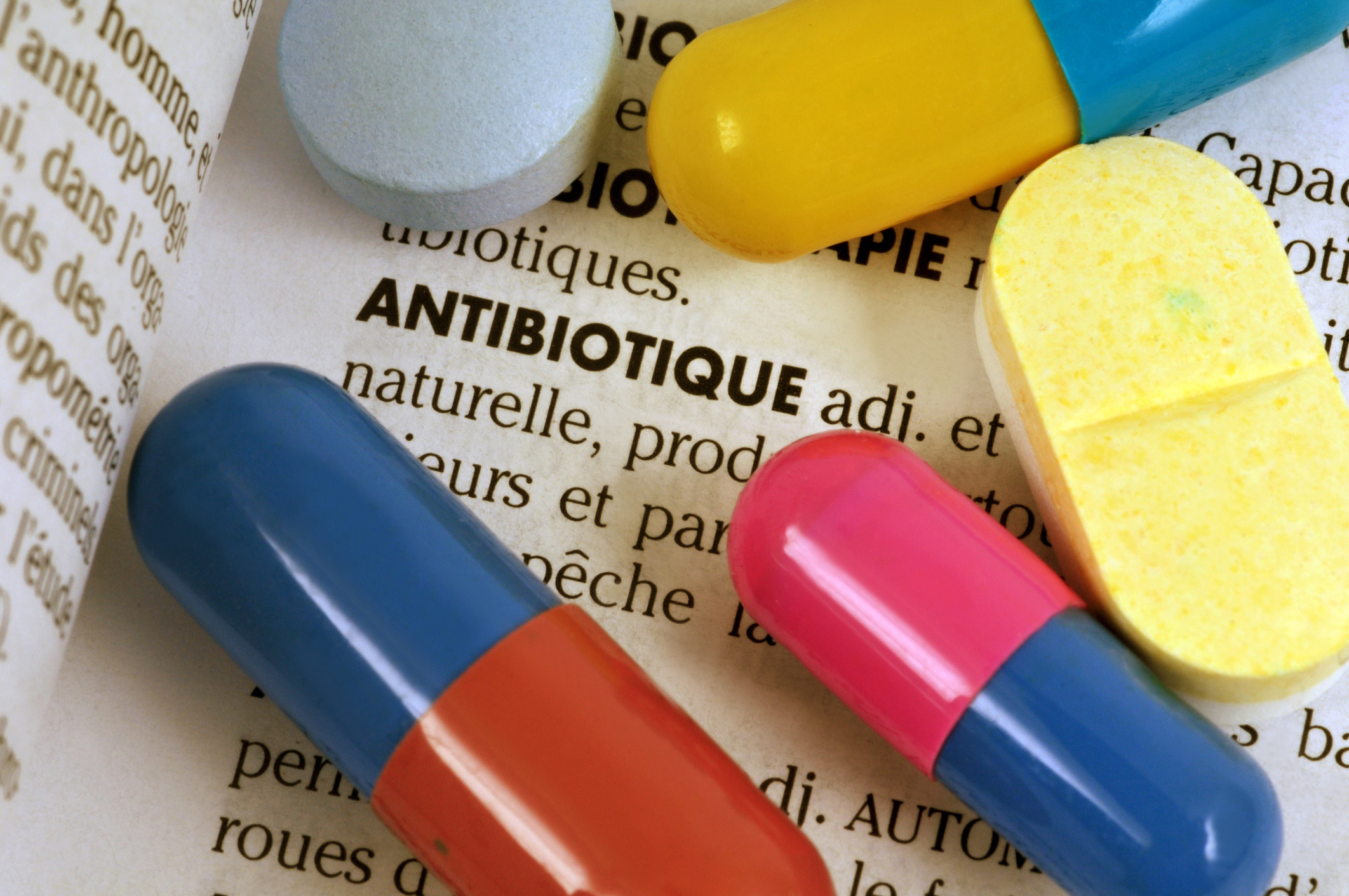As part of World Antimicrobial Awareness Week activities in 2020, the OIE regional representation organised a series of webinars to highlight antimicrobial use (AMU) in animals. The event for aquatic animals was held on Monday 16th November and was attended by more than 80 participants from across Asia and the Pacific region.
Aquaculture appears to be one of the last opportunities to increase production and contribute to food security in the developing world. It now represents the fastest growing agricultural industry in some countries, with freshwater aquaculture dominating total aquaculture production. The Asia and Pacific region leads global aquaculture production, both in quantity and value; the region contributed 65.2 million tons of aquatic animals in 2014, amounting to 88 percent of the global total in 2014. Traditionally, antimicrobials have been widely used in aquaculture to prevent and treat bacterial diseases. Excessive use of antibiotics in aquaculture in many countries has caused problems and resulted in concerns about development and dissemination of bacterial resistance, food safety hazards and environmental issues.
At recent OIE virtual meetings to discuss AMR in Asia and the Pacific, participants identified AMU as a key topic for future training from the OIE. Thus, as part of World Antimicrobial Awareness Week in 2020, the OIE Regional Representation for Asia and the Pacific organised a series of webinars to highlight antimicrobial use (AMU) in animals. The event for aquatic animals was held on Monday 16th November and was open to participants from across Asia and the Pacific region.
The webinar informed stakeholders on OIE guidelines and tools relating to AMU in aquatic animals. Summary reports from participating Members broadened understanding of regulation in aquatic animals in Asia and the Pacific region. Participants shared experiences from the region and together explored approaches to improve responsible and prudent AMU in aquatic animals.
